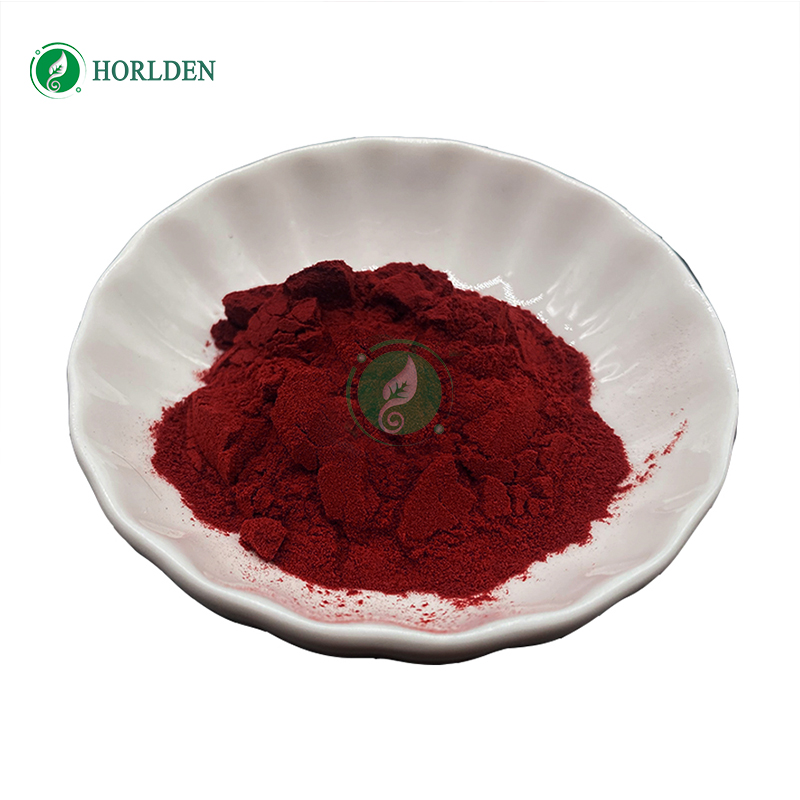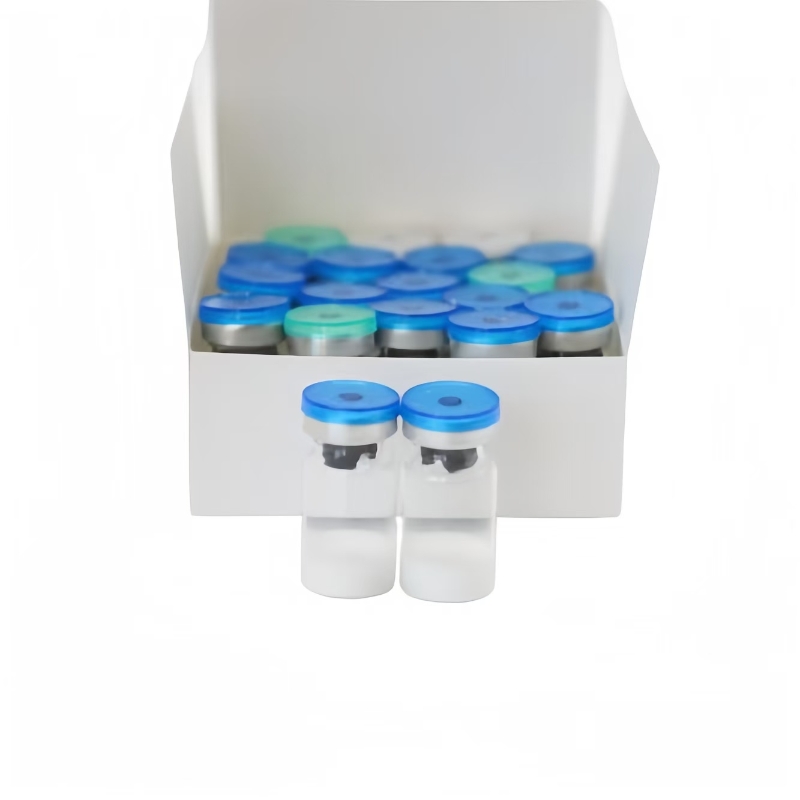-
Categories
-
Pharmaceutical Intermediates
-
Active Pharmaceutical Ingredients
-
Food Additives
- Industrial Coatings
- Agrochemicals
- Dyes and Pigments
- Surfactant
- Flavors and Fragrances
- Chemical Reagents
- Catalyst and Auxiliary
- Natural Products
- Inorganic Chemistry
-
Organic Chemistry
-
Biochemical Engineering
- Analytical Chemistry
-
Cosmetic Ingredient
- Water Treatment Chemical
-
Pharmaceutical Intermediates
Promotion
ECHEMI Mall
Wholesale
Weekly Price
Exhibition
News
-
Trade Service
More than 40 million Americans take statins, the most common prescription dr.
Researchers at the Institute for Systems Biology have shown that different patient responses to statins can be explained by variation in the human microbio.
The team found that the composition and diversity of gut microbes predicted statin efficacy and the extent of negative side effec.
Dr Tomasz Wilmanski, lead author of the study, said: "Specifically, we found that lower levels of diversity in the abundant Bacteroides flora were associated with the strongest ldl-lowering responses to statins, but also with the greatest disruption in blood glucose leve.
The team also found that rumenobacteriaceae-enriched individuals were protected from the negative effects of statins on insulin resistance, while also exhibiting marked ldl-lowering respons.
Wimanski and colleagues built statistical models using the microbiome, metabolome, human genome, and clinical records from more than 1,800 people in the.
The unique combination of microbiome and genomic information in this study provides exciting new insights into potential approaches to precision medici.
A patient's genetic fingerprint, including known genetic markers of statin response, has been used in the clinic to guide individualized statin treatment regime.
The logical follow-up to this work is clinical tria.







